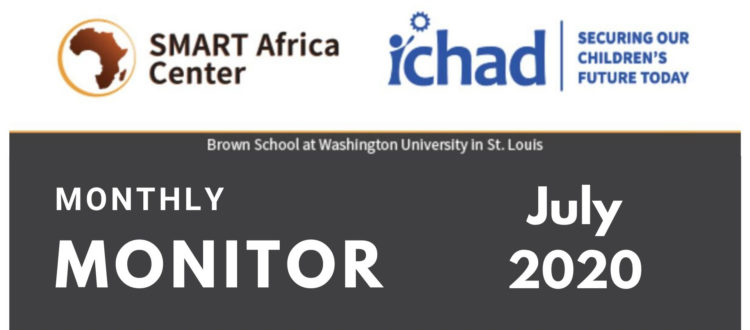July 2020 Newsletter
As data collection methods continue to evolve due to COVID-19, the ICHAD and SMART Africa teams are working diligently to ensure the integrity of our research data. In July, ICHAD Directors Fred Ssewamala, Proscovia Nabunya and Ozge Sensoy Bahar led numerous trainings on telephone interviews and qualitative data collection, and the ICHAD team conducted pretests to examine the feasibility of collecting study data over the phone. The pretest exercise was successful and data collection for several of our studies is underway or will be soon (see below).
ICHAD training programs are also in full swing. This month our 25 trainees enjoyed a packed agenda with daily presentations ranging from RRT Co-Director Dr. Sean Joe’s powerful talk on the implications of racial policies on research methods, to a discussion on qualitative research methods and how transitioning to virtual focus groups might affect results, led by ICHAD Global Affiliate and CHILD-GRF mentor Dr. Janet Nakigudde. Much, much more was covered including a very competitive online “pictionary” challenge amongst trainees.
Publications continued to roll in with four new manuscripts authored by ICHAD and SMART Africa faculty, students, and affiliates. A paper exploring the impact of a family-based economic intervention on the mental health of HIV-infected adolescents in Uganda was accepted to the Journal of Adolescent Health. ICHAD Directors Fred Ssewamala and Lindsay Stark along with PhD student Flora Cohen and SMART Africa Global Fellow Timothy Opobo published a paper on Intimate partner violence and mental health in Uganda. The ICHAD and SMART Africa team of Drs. Fred Ssewamala, Ozge Sensoy Bahar, and William Byansi contributed to a brief focused on COVID-19 and how the NIMH global mental health research community can address the impending mental health crisis. Finally, a review paper exploring access to cancer services and treatment among youth living with HIV is in press in Frontiers Public Health.
You can find our July 2020 Newsletter here.

